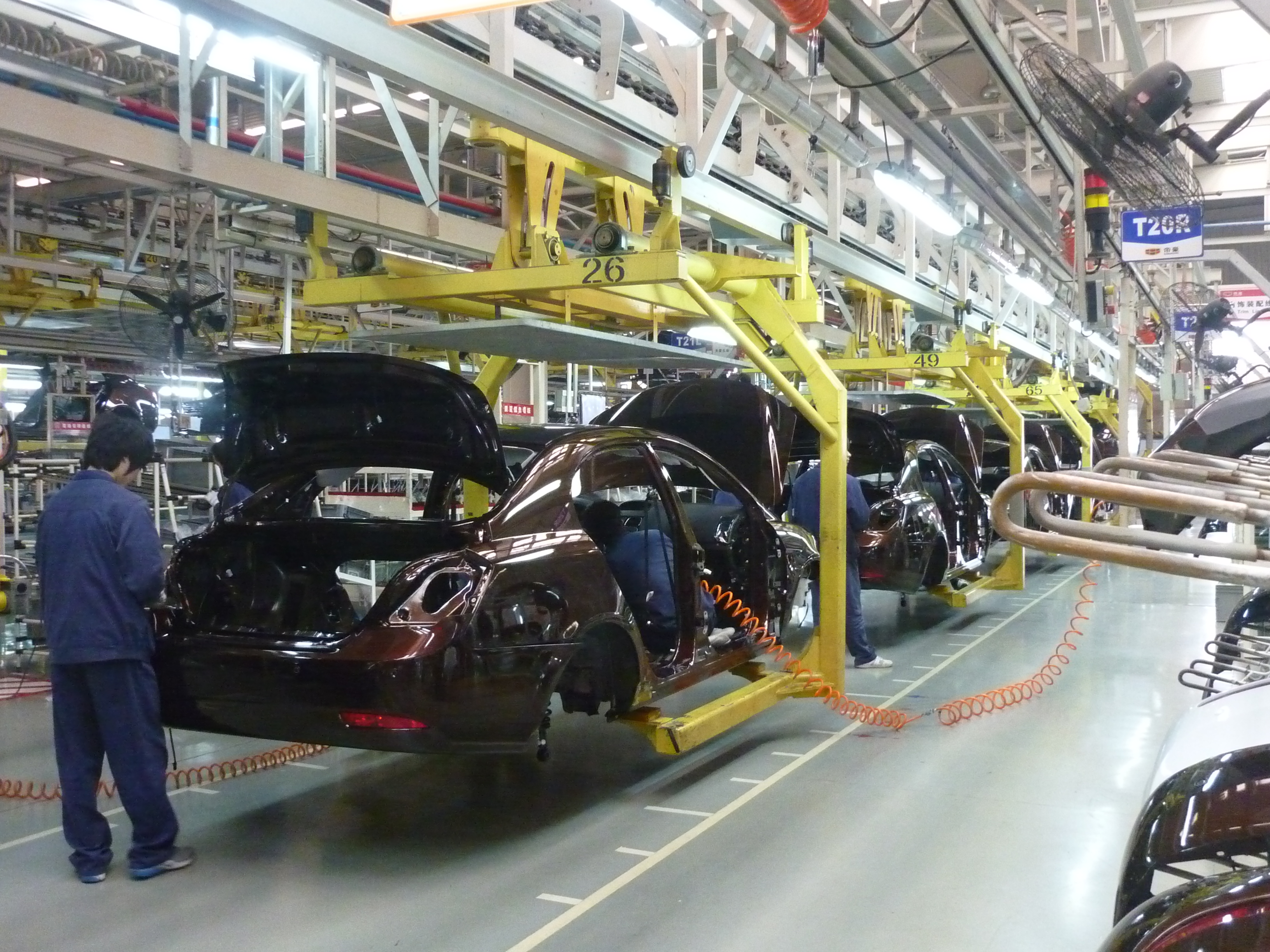In the absence of semiconductors, sophisticated electronics that control entertainment systems, safety features and advanced driving aids cannot be installed in a car. Many corporations have cut shifts on assembly lines and some have temporarily closed factories. The Centre Automotive Research believes that with such trend the world production of cars in 2021 will decrease by 5,2 million units in comparison with the previous year and will amount to 74,8 million.
The indicators published by the largest players in the market show that the transport segment in the economy is experiencing a serious crisis. Ford's net profit halved in the second quarter compared to the same period last year - and the main reason was the lack of chips. Jaguar Land Rover expects a 50 per cent fall in sales by autumn and Stellantis, which makes Fiat, Peugeot, Chrysler, Opel and Citroën, said it would produce 1.4 million fewer cars than expected this year.
The chip shortage began with the onset of the coronavirus pandemic - it has sharply increased demand from electronics manufacturers as many moved to remote work and surrounded themselves with home appliances for work and entertainment. Another reason for the crisis in the car market is that companies underestimated the rapid pace of recovery in vehicle demand in 2020. Expecting weak sales, corporations have cut back on chip orders. Automotive concerns account for about 10 percent of total global demand for electric circuits, making chip makers not always able to adjust to the automotive industry's orders. Now that companies have seen the willingness of customers to buy cars again, getting enough semiconductors has proven difficult.
source: economist.com
The indicators published by the largest players in the market show that the transport segment in the economy is experiencing a serious crisis. Ford's net profit halved in the second quarter compared to the same period last year - and the main reason was the lack of chips. Jaguar Land Rover expects a 50 per cent fall in sales by autumn and Stellantis, which makes Fiat, Peugeot, Chrysler, Opel and Citroën, said it would produce 1.4 million fewer cars than expected this year.
The chip shortage began with the onset of the coronavirus pandemic - it has sharply increased demand from electronics manufacturers as many moved to remote work and surrounded themselves with home appliances for work and entertainment. Another reason for the crisis in the car market is that companies underestimated the rapid pace of recovery in vehicle demand in 2020. Expecting weak sales, corporations have cut back on chip orders. Automotive concerns account for about 10 percent of total global demand for electric circuits, making chip makers not always able to adjust to the automotive industry's orders. Now that companies have seen the willingness of customers to buy cars again, getting enough semiconductors has proven difficult.
source: economist.com





